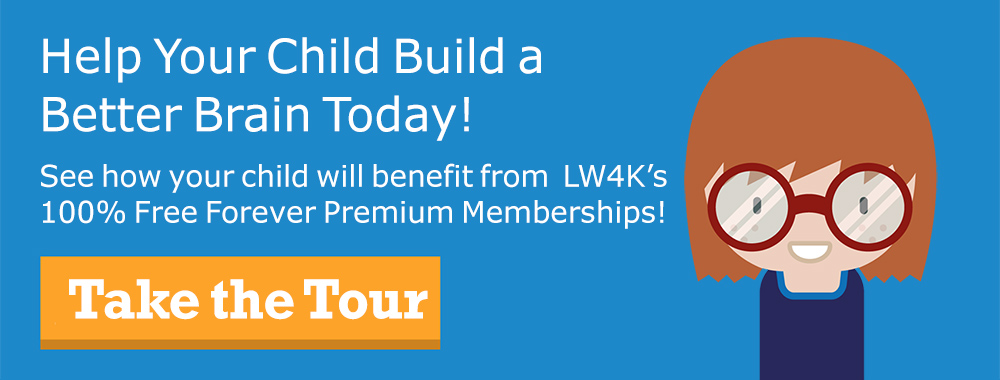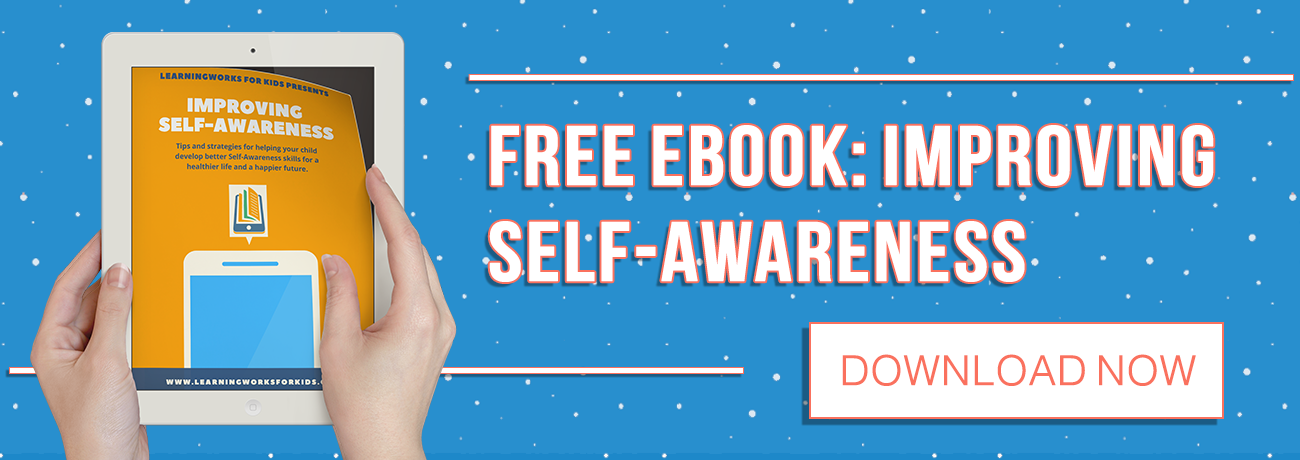Teaching executive functioning skills may be more important for a child’s success at school than acquiring academic skills. Don’t trust me on this–ask any teacher. You’re likely to find that educators report that kids who are disorganized, can’t pay attention, struggle to get their ideas onto paper, or don’t know how to manage their time consistently fall behind their classmates. Not only do the kids feel frustrated by their lack of academic progress, but the teachers do as well. As a result of distance and remote learning, teachers and parents have begun to search for the best methods for teaching executive functions in the classroom–both virtual and in-person.
It’s logical to ask why teachers are not spending more time teaching children executive functioning skills. If they are so crucial to future success and keeping pace with academic demands, why not teach these skills? It’s akin to teaching skills about nutrition and fitness to prepare a child to be on a sports team. If you’re not physically fit, don’t eat or sleep well, it will be very difficult to perform athletically to the best of your ability. In a similar fashion, without proper executive functioning skills, it is extremely difficult for kids to perform at their best in the classroom.
The problem for teachers is straightforward. They are tasked with teaching specific academic skills, have very strict guidelines, and clear criteria for what they have to cover in the classroom. Most teachers have little time for teaching executive functioning skills or other problem-solving strategies. Executive functions that can help children learn course material or to be more creative and capable of applying what they’ve learned in the classroom to other areas of life are often forgotten.
A second reason for the absence of executive function instruction is that teachers are not trained to teach executive functioning skills. While most 21st-century teachers are aware of the importance of executive functioning skills, they have not been provided with the training to teach these skills in the classroom. Even some basic training such as the Educators section on LearningWorks for Kids will help teachers integrate executive functioning opportunities and practice into their daily lessons.
Fortunately, there are some great classroom interventions designed to help teachers improve the executive functioning of their students. One of my favorites is called SMARTS. SMARTS is an in-class program that helps children to understand what executive functions are, assist them in utilizing metacognitive processes to ask when and where to use these skills, and then provides teachers with a variety of strategies to help the children apply these skills in day-to-day activities. It is based upon years of research and writing from Lynn Meltzer, Ph.D. SMARTS is a highly integrated program that recognizes the need to not just teach executive functioning skills but to demonstrate and model the use of these skills across settings. It is a comprehensive program, so it does require some time on the part of teachers and schools to implement it.
I had the pleasure of meeting with the entire SMARTS staff led by Michael Greschler, M.Ed at their offices in Lexington Massachusetts. The SMARTS team is funny, creative, and committed to helping children develop executive functioning skills.
One of the reasons I am so interested in SMARTS is because our own program LW4K LIVE provides a complementary avenue for teaching executive functioning skills. We rely upon children’s engagement and love of video games, apps, and other digital media to engage them in learning to identify, think about, and apply executive functioning skills in the classroom. Our straightforward strategy of teaching kids to detect, reflect, and connect the executive functioning skills they use in gameplay and to apply them in the classroom is our goal.
Both of these programs are addressing the core need of executive functioning training in the classroom. While some kids learn these skills on their own, many alternative and complex learners struggle to develop age-appropriate executive functioning skills. Engaging classroom programs such as SMARTS and oLW4K LIVE are among the best approaches that schools can take in developing executive functioning skills for the classroom. In the age of COVID-19, they can also help parents and educators in working with kids for remote learning.






